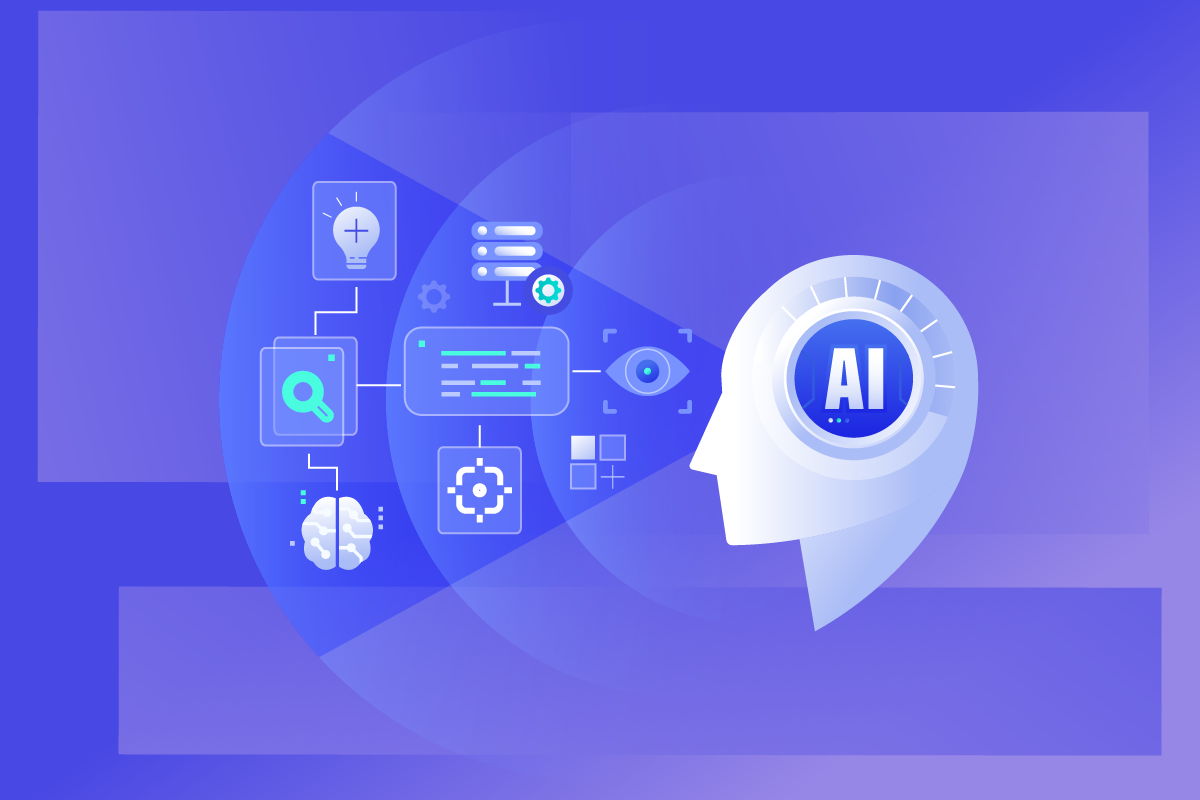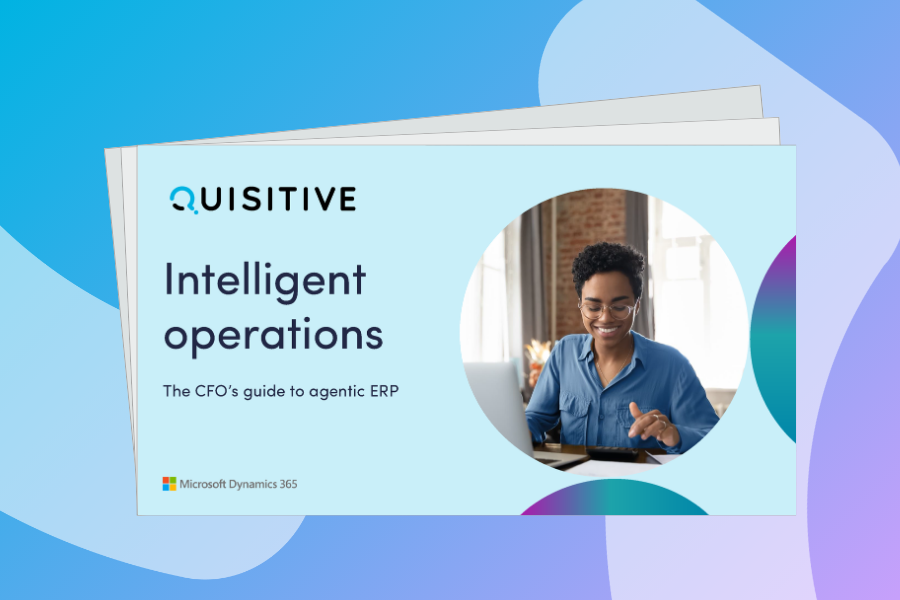For organizations still relying on GP, this phase-out presents critical decisions about the future of their ERP systems. The end of support for Dynamics GP doesn’t just signal the end of technical updates—it also introduces significant risks for security, compliance, and operational efficiency.
If your organization is among those still using GP, here’s what the end of support for Dynamics GP means and how you can start planning your migration to a modern ERP system like Dynamics 365 Business Central.

What Does “End of Life” Mean for Dynamics GP?
The end-of-life cycle for any software, including Dynamics GP, signifies the termination of all mainstream and extended support, including:
- No new features or enhancements: After 2029, no further development will be made to improve GP’s functionality, meaning that any current limitations will remain unaddressed.
- No compliance updates: Regulatory updates, such as those needed for tax, payroll, and financial compliance, will no longer be provided. This can leave your business vulnerable to costly compliance violations.
- No security updates: After 2031, security patches and updates will cease, which could expose your organization to potential cyber threats and data breaches.
- No official support: Once support ends, Microsoft will no longer provide technical support. Any issues that arise with GP will require costly, third-party intervention or custom solutions.
These risks can severely impact your organization’s financial operations, efficiency, and security. Planning for a migration to a modern ERP system is the most practical step to safeguard your business.
Why Migrate to Dynamics 365 Business Central?
Dynamics 365 Business Central (BC) is a cloud-based ERP solution that offers modern capabilities for organizations looking to enhance their operational efficiency, scale more effectively, and improve data accessibility. It’s a logical choice for GP users because of its:
- Cloud-first architecture: As a cloud solution, BC provides anywhere access, automatic updates, and reduced infrastructure costs.
- Integrated ecosystem: Business Central integrates seamlessly with other Microsoft solutions such as Office 365, Teams, and Power BI, allowing for better collaboration and real-time data analysis.
- Advanced security: By moving to Business Central, your organization benefits from Microsoft’s enterprise-grade security and compliance framework, significantly reducing the risks associated with aging software.
- AI-powered insights: Business Central offers advanced AI and analytics tools to improve decision-making, optimize processes, and drive business growth.
Migrating from GP to Business Central ensures that your ERP system stays current, scalable, and aligned with future business needs.
How to Start Your Dynamics GP to Business Central Migration
1. Assess Your Current Environment
Start by conducting a thorough review of your existing Dynamics GP environment. This includes understanding how GP is currently used in your organization, identifying customizations, third-party add-ons, and mission-critical processes. Documentation is crucial to ensure nothing is overlooked during migration planning.
2. Evaluate Business Central’s Features and Capabilities
Consider what features you need in Business Central that will either replicate or improve upon what you currently have in GP. Dynamics 365 Business Central offers expanded functionality that may streamline existing processes, allowing for greater efficiency and automation. Compare now.
3. Partner with an Expert for a Migration Assessment
Engaging with a trusted Microsoft partner for a migration assessment is critical. Partners like Quisitive, with over 35 years of ERP expertise and recognized as Microsoft’s Global Partner of the Year, specialize in helping businesses transition from Dynamics GP to Business Central seamlessly.
A migration assessment includes:
- A detailed evaluation of your current system
- A roadmap for migrating to Business Central, tailored to your business needs
- Clear timelines, cost estimates, and resource requirements
4. Plan for Data Migration
Data migration is often one of the most complex aspects of transitioning from GP to Business Central. A proper data migration strategy ensures that critical historical data, like customer records, financial transactions, and compliance-related information, is accurately transferred to the new system. Consider which data sets need to be migrated and how you will handle data archiving.
5. Define Change Management Strategies
A key component of any successful ERP migration is ensuring that your team is prepared for the change. Define a change management plan that includes:
- Training for staff on the new system
- Testing the system before going live
- Clear communication on new processes and workflows
6. Pilot and Test
Once your migration plan is in place, it’s essential to pilot the system with a small group to test for any issues before a full rollout. Testing allows you to identify any gaps in the migration and make necessary adjustments.
7. Go Live with Full Support
After a successful pilot, plan for a full deployment of Business Central. During the go-live phase, it’s critical to have post-deployment support in place to handle any unexpected issues or questions that may arise as your organization transitions to the new system.
Get Expert Help with Your Migration
Quisitive, with its extensive ERP experience and recognition as Microsoft’s Global Partner of the Year, offers tailored GP to Business Central migration assessments. Our team understands the unique challenges faced by organizations using Dynamics GP and will work with you to ensure a smooth transition that minimizes disruptions to your business.
Don’t wait until the 2029 deadline. Start planning your migration now to ensure your systems remain secure, compliant, and capable of supporting your long-term goals.
The end of support for Dynamics GP presents a critical juncture for businesses still using the platform. By planning a thoughtful migration to Dynamics 365 Business Central now, organizations can avoid the risks associated with outdated systems and embrace a modern, scalable ERP solution. Engaging a trusted Microsoft partner, assessing your current environment, and developing a detailed migration plan will ensure a smooth and successful transition.
Learn more about our GP to Business Central Migration Assessment.
Resources:
- Book your GP migration assessment today
- Follow Microsoft’s Dynamics 365 Community Blog here
- Not sure which Cloud ERP is right for you? Take our free Cloud ERP Quiz
- Explore Business Central. Watch the Demo On-Demand

Quisitive’s GP to Business Central Migration Assessment provides a comprehensive evaluation of your current Dynamics GP environment, delivering a tailored roadmap for a seamless transition to Dynamics 365 Business Central. With expert guidance, you’ll benefit from minimized risk, optimized processes, and full support throughout the migration, ensuring long-term success with your ERP system.

;)



